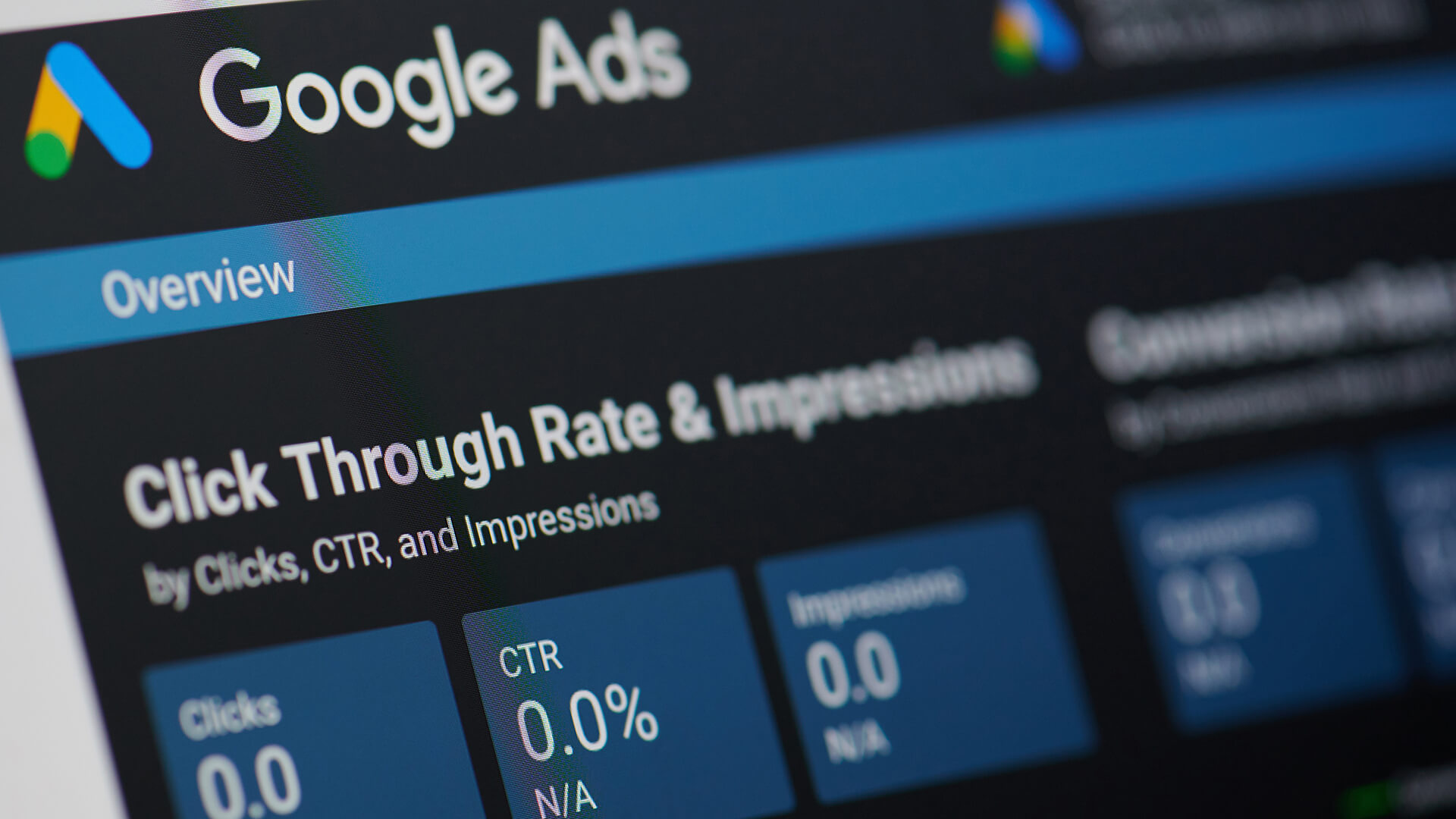A phrase match or broad match keyword that is identical to a query is now always preferred as long as it is eligible to match, Google announced on Thursday. In addition, the company has provided new details on how keyword matching works when a search is identical to a given keyword as well as when a search is not identical to any of an advertiser’s keywords. And, Google has also revealed that BERT’s language understanding capabilities are now being used to understand the intent of queries and match them to keywords.
BERT for keyword matching. “Since 2019, our research team has made significant improvements in how we interpret language, queries, and search intentㅡand your keywords now use this same technology to connect you with more people that are searching for what you have to offer,” Google said, referring to BERT, a neural network-based technique for natural language processing pre-training that Google uses to better discern the context of words in search queries.
While not necessarily specific to keyword matching, the improvements in language understanding that BERT enables helps Google understand the intent behind queries and match them to keywords.
BERT technology can be especially useful for broad match keywords. “For example, a highly specific query like ‘1995 5 speed transmission seal input shaft’ is now able to match with the broad match keyword auto parts because we can tell they’re related, even though none of the words in the query and in the keyword actually match,” the company provided as an example.
Searches that are identical to your keywords. When Google announced that it was expanding phrase match to include broad match modifier traffic earlier this year, it told advertisers that an exact match keyword that’s identical to a query will always take priority, so long as it’s eligible to match. Moving forward, broad match and phrase match keywords will follow that same behavior.
Here’s an example provided by Google: “Let’s say someone searches for ‘sushi delivery near me’, and you have the broad match keywords sushi delivery and sushi delivery near me. Before this update, both of these keywords would be eligible to serve. Now, the keyword sushi delivery near me is preferred because it is identical to the search term. Note that if you have an eligible exact match keyword that is identical to the query, it will still be preferred over the phrase and broad match keyword.”
Now that broad and phrase match keywords that are identical to a search term also receive priority, according to Google, there is no benefit to using the same keyword in multiple match types as broad match already covers the same queries. However, depending on your structure and setup, this may not apply so test before making any changes.
When a search isn’t identical to any of your keywords. Ad Rank used to determine which keyword was served when multiple keywords matched, but none were identical to the search. Now, in addition to Ad Rank, Google is taking relevance signals into account. Relevance is determined by assessing the meaning of the search term, the meaning of all the keywords in the ad group and the landing pages within the ad group. Here’s a breakdown of how various scenarios may play out:
| Keywords that are eligible | How keywords are selected |
| More than one broad match keyword | Only relevant broad match keywords from the most relevant ad groups will be considered. Ad Rank is then used to decide which keyword will be selected among this narrow set of broad match keywords with similar relevance. |
| One broad match keyword and one exact match / phrase match keyword | If you have exact match or phrase match keywords that are deemed more relevant than these broad match keywords, the exact or phrase match keyword will be selected. If you have exact match or phrase match keywords that are deemed similar or less relevant than these broad match keywords, there is still a chance the exact or phrase match keyword will be selected if it has a higher Ad Rank. |
| More than one exact match / phrase match keyword | If you have multiple exact and/or phrase match keywords eligible and no broad match keywords eligible, the keyword with the higher Ad Rank will be selected. |
To illustrate this in action, Google provided this example: “Let’s say someone now searches for “quick sushi delivery near me”, and you have the phrase match keyword “fast sushi delivery” and the broad match keyword food delivery. In this instance, the phrase match keyword will be selected because it’s more relevant, even if it has a lower Ad Rank than the broad match keyword.”
Why we care. The natural language processing capabilities BERT brings to keyword matching may mean that your ads get shown for more relevant searches. Knowing how Google matches keywords can help you save time and better configure your campaigns. However, the removal of search terms not deemed “significant” remains a problem for broad match. Google has added more historical data for queries that received impressions but no clicks, which can be helpful, but advertisers may be missing out on important search query data if broad match terms with less “significant” queries drive more traffic.
Google also recommended that advertisers group keywords into thematically consistent ad groups so their ads will serve from the ad group they expect them to: “Let’s say your business offers food delivery, and your most popular search categories are sushi and pizza delivery. In this case, we’d recommend three ad groups so you can tailor your creative and landing page: one for ‘sushi delivery’, another for ‘pizza delivery’, and a third for ‘food delivery’.”
New on Search Engine Land


Leave a Comment